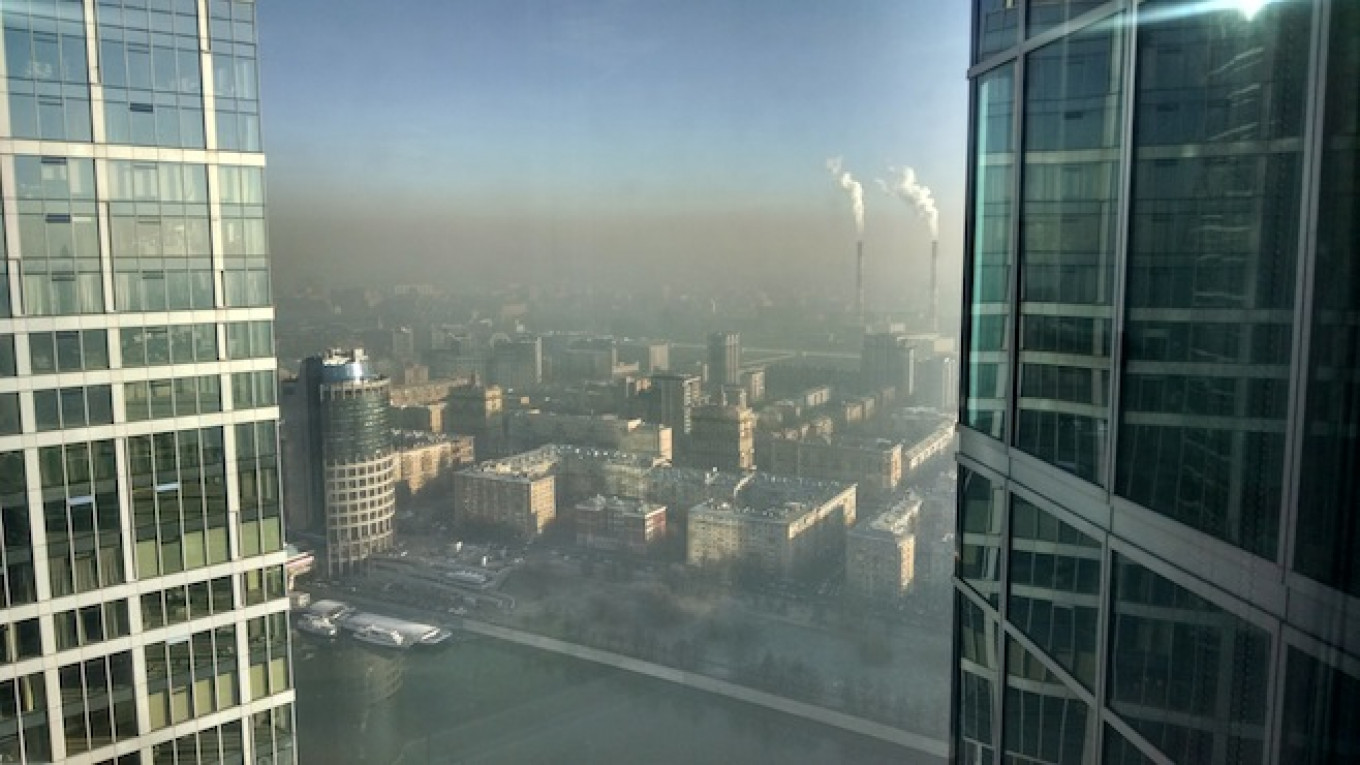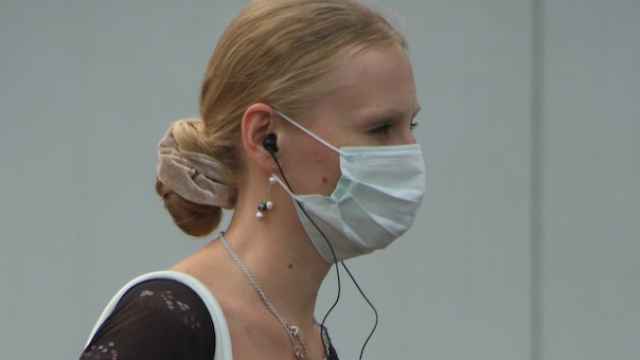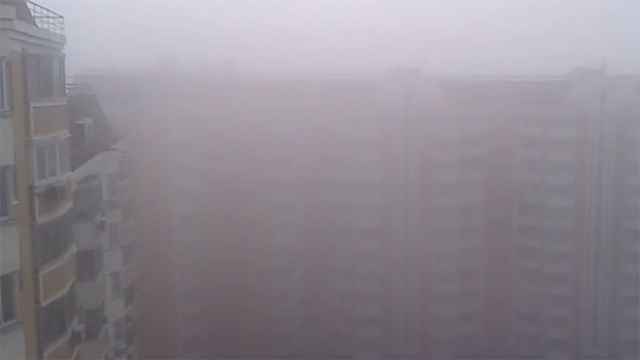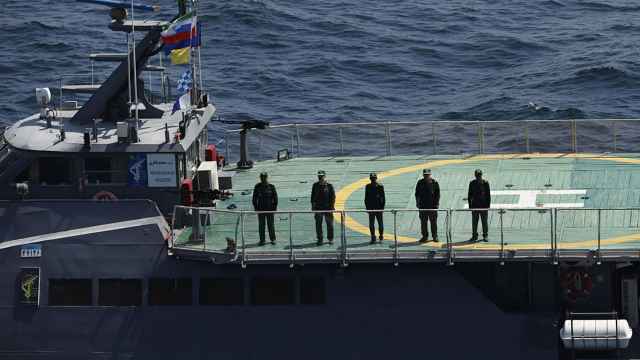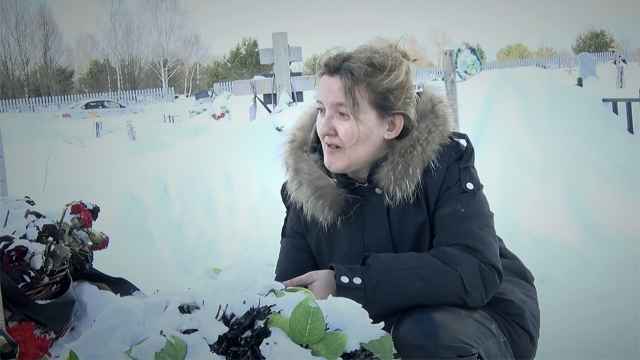The emergency services on Friday warned Muscovites to stay indoors for the third time in two weeks as a smog of unknown origin blanketed the city.
The districts most affected by the smog were located in the southeast, the Interfax news agency reported, though a smokey fog was also visible by The Moscow Times office in the northeastern Savyolovsky district.
Twitter posts also showed smog enveloping the Moskva-City business center in downtown Moscow.
Federal meteorological watchdog Roshydromet blamed the the situation on the burning of logging waste in the south of the city, Interfax reported.
Greenpeace Russia's forest expert Alexei Yaroshenko said the explanation was insufficient, pointing out that wind was blowing from the wrong direction.
Smoke from the burning wood likely contributed, but so apparently did car fumes and industrial emissions lingering in the unusually still air, Yaroshenko was quoted as saying by Interfax.
His explanation was echoed by the regional branch of the Emergency Situations Ministry, which, however, focused on the logging fires, deploying helicopters and 402 staff on the ground to look for logging fires, the Vesti.ru news site reported.
November is generally a wet and windy month in Moscow, but this year, the weather has been untypically cold — daytime temperatures this week have averaged minus 2 degrees Celsius — sunny and still.
The national meteorological service said that the lack of wind has exacerbated the poor environmental conditions in Moscow, and that the smog will likely linger until next week, Interfax reported.
Industrial enterprises in the city's southeast, accused of air pollution for years, have also been named as a potential culprit by media, but the ministry said it could not confirm it or deny this.
The smog's appearance comes after authorities last Friday warned residents to limit their outdoor activity after fumes from burning woodland blew onto the city.
In an unrelated incident, residents also complained last Monday about a strong smell of hydrogen sulfide that enveloped the city, as toxic chemicals exceeded maximum permissible levels.
The Emergency Situations Ministry initially blamed the smell on an accident at a Gazprom oil refinery in the south of Moscow, though the company later denied any such accident had taken place.
Officials have so far been unable to pin down the facility that filled the city air with chemicals last Monday, while no one was punished over Friday's wood-burning incident.
A Message from The Moscow Times:
Dear readers,
We are facing unprecedented challenges. Russia's Prosecutor General's Office has designated The Moscow Times as an "undesirable" organization, criminalizing our work and putting our staff at risk of prosecution. This follows our earlier unjust labeling as a "foreign agent."
These actions are direct attempts to silence independent journalism in Russia. The authorities claim our work "discredits the decisions of the Russian leadership." We see things differently: we strive to provide accurate, unbiased reporting on Russia.
We, the journalists of The Moscow Times, refuse to be silenced. But to continue our work, we need your help.
Your support, no matter how small, makes a world of difference. If you can, please support us monthly starting from just $2. It's quick to set up, and every contribution makes a significant impact.
By supporting The Moscow Times, you're defending open, independent journalism in the face of repression. Thank you for standing with us.
Remind me later.


